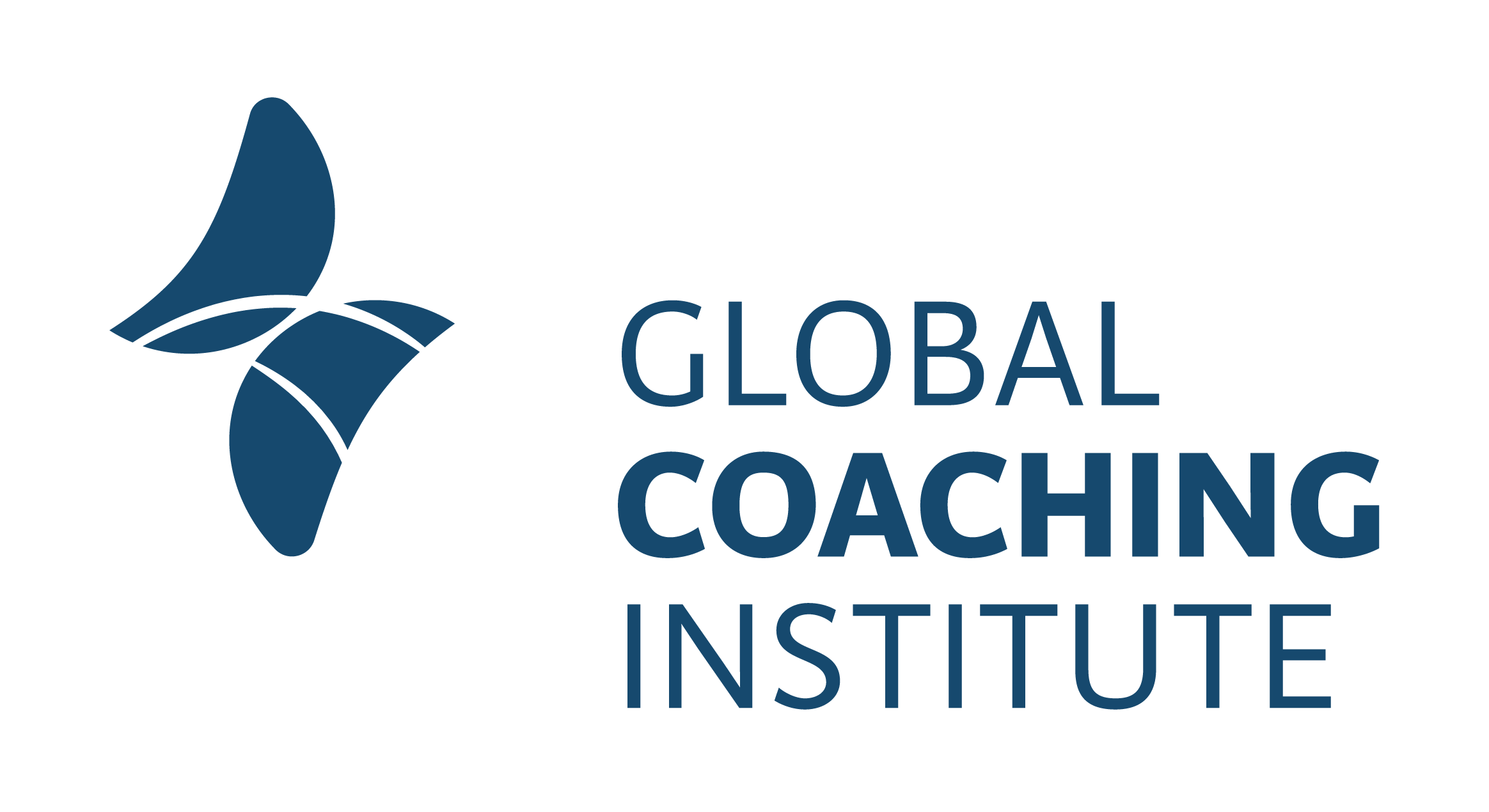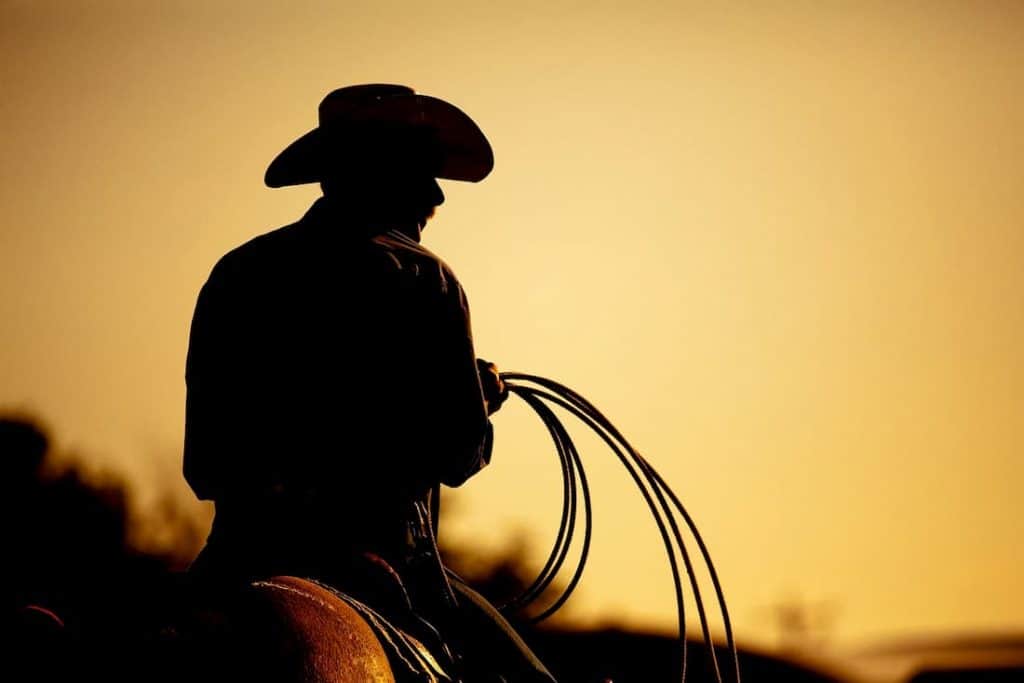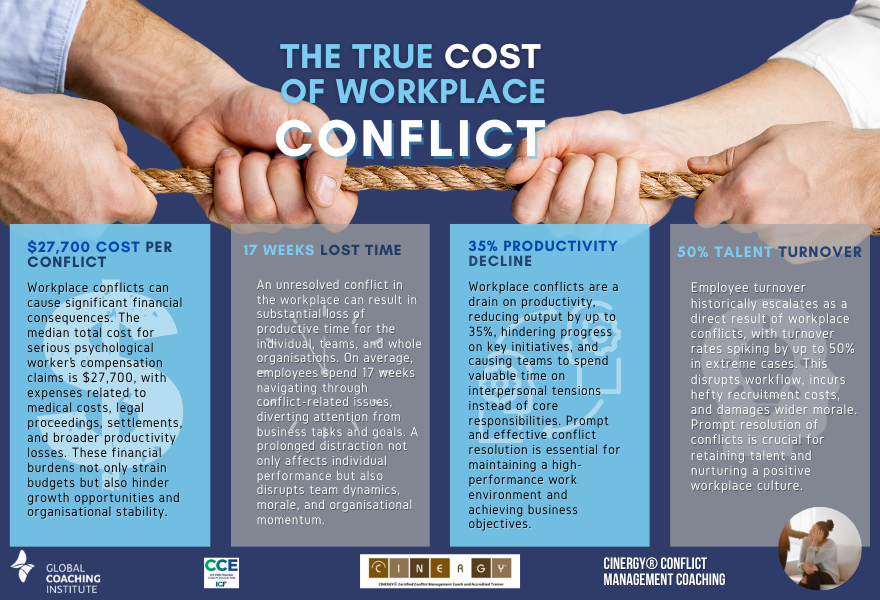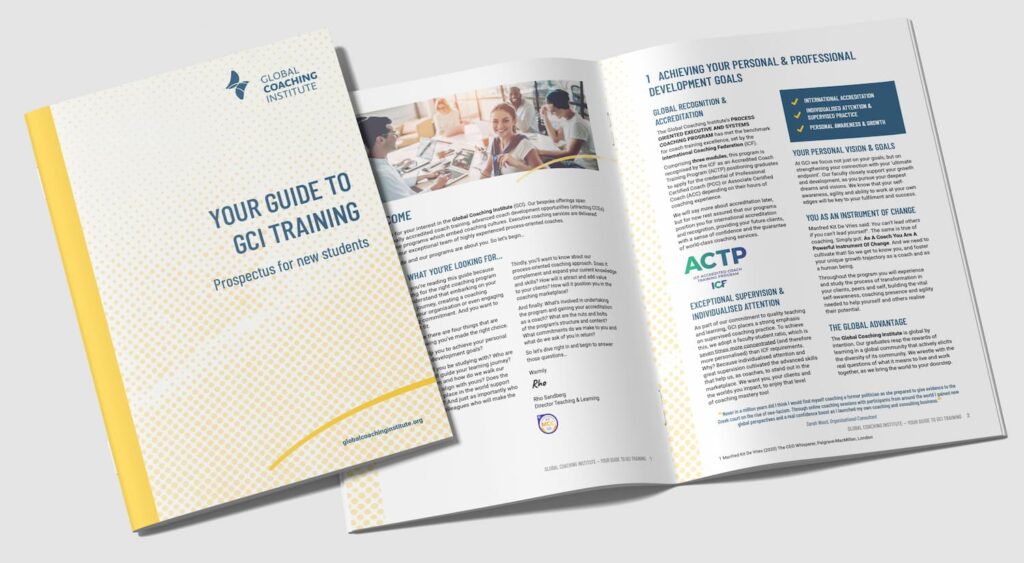Leadership by definition requires the ability to navigate at the edge of a system, to scan the external environment for new opportunities and internally understand the people and resources one is charged with leading.
It is a balancing act. Leaders who pull it off have the capacity to be part of the system and detached from it at the same time. They are able to shift attention, as if possessing an internal lens that can zoom out to the big picture and then in, to the day to day level of relationships and performance metrics. Exceptional leaders comfortably hold multiple aspects of the business in mind at the same time as they understand the relationships and interdependencies between them.
At the Global Coaching Institute we figure that if leaders need to be able to pull off this balancing act, so too do executive coaches. That’s why we build a coach’s capacity to guide leaders in an exploration of these domains.
Let’s unpack why this is important.
Being Externally Focused
Being outwardly focused enables leaders to spot emerging trends, to read fluctuations in their sector before they hit and to see opportunities that their competitors have not yet dreamt of. Yet leaders who are too outwardly focused risk losing touch with their people. In worst case scenarios, they are seen as disinterested and disengaged and their staff tend to follow suit. Feeling neglected they begin to switch off, telling themselves that if management doesn’t care why should they.
Being Internally Focused
Being internally focused allows leaders to be in tune with the pulse of their workforce. They understand their talent and tend to build strong relationships with peers and key personnel. They understand how people are likely to react to new initiatives and commit to building the rapport needed to bring people on board.
However, leaders who are overly inwardly focused, are at risk of not thinking strategically enough. They can get caught up in life as it is. They risk becoming so enmeshed in their internal relationships that they’re unable to bring about change within the system. They avoid disturbing the status quo and miss out on leadership opportunities as a result.
Being Inner Focused
Self-knowledge is essential for effective leadership. Leaders need the ability to look within, to understand what drives their behaviour and to recognise the impact that their actions and attitudes have on those around them. Inherent in this domain is the capacity to reflect upon and learn from one’s experience.
Leaders who lack a capacity for self-reflection tend to be reactive. Ironically, their failure to look at their own drives and motivators means that much of their decision making and behavior is unconsciously driven by their comfort zones, ambitions, beliefs and fears.
Coaching At All Frontiers
What does this mean for coaches and change agents? Just like leaders, it is common for us to have a preferred realm. We tend to understand one environment more than another. Therefore certain dimensions of a leader’s experience may be a mystery to us. As a result, we can lean towards focusing only on those areas with which we are most familiar. Or we can be led by the client to focus on the dimensions of leadership that they are most familiar with.
Instead, coaches and change agents need to be boundary riders- working at the edge of the system, constantly expanding the thinking occurring within the system, and (especially) within the leader.
At the Global Coaching Institute, our coaches foster awareness of external and internal environments by formulating a map encompassing the client’s inner world, the internal organisational landscape and insights into the external environment. Listening deeply, the coach ensures in partnership with their client that each of these domains is receiving adequate leadership attention.
Together the leader and coach explore how these domains interact to co-create in an entwined and interdependent whole. The coach enquires into which dimensions of leadership are flowing effectively and what aspects of the leadership role are overlooked. This is the watching brief of the boundary rider.
In our forthcoming GCI Coaching Roadmap workshops, coaches and change agents learn to map each of these domains. The art of coaching is in being able to ride these boundaries and empower your clients to do the same. Join us in our efforts to build powerful leaders, confident in leading change.




